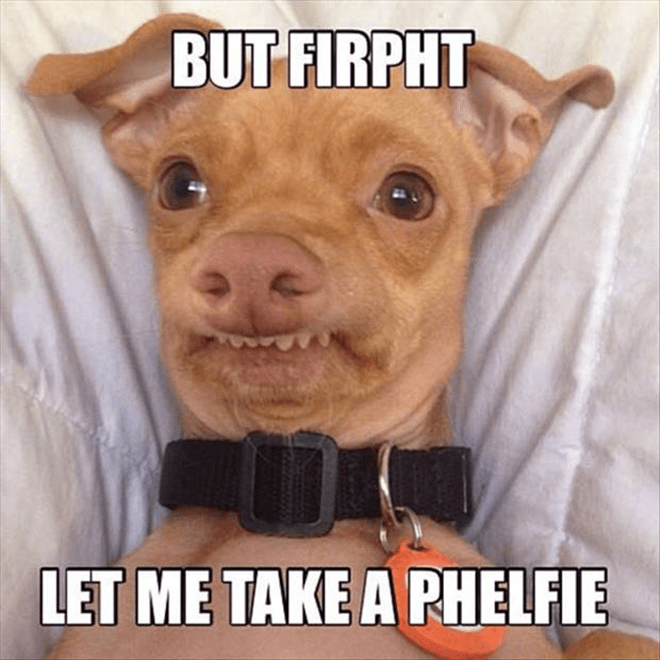What are canines?
These cells aid in the creation of enamel toward the outer surface of the developing tooth
What are ameloblasts?
Where do the canines lay when a dog or cat has a normal scissor bite and they close their mouth?
The maxillary canines fall behind the mandibular canines.
A slippery white bio-film that collects around the gingival sulcus of the tooth
This hand instrument should be used on the tooth surface only and never under the gum line
Curette
301
Lower lower first incisor
This area between the free gingiva and the tooth should be probed for pocket depth.
What is the sulcus?
An overall normal bite with one or more teeth out of alignment (rotated in their position).
What is a Class 1 Malocclusion?
The hard, yellowish deposit on teeth composed of mineral salts, food, and other debris that has hardened over time.
What is tartar (Dental Calculus)?
Jaw Fracture
All '09 are these.
What number is the first molar.
The portion of the tooth that becomes exposed as gum recession begins - often seen in the canine teeth of felines.
What is the neck of the tooth?
This can be considered "normal" in some breeds - such as bulldogs and boxers.
What is a Class III Malocclusion (maxillary brachygnathism, Underbite)?
Inflammation of the structures around the tooth including the gingiva, periodontal ligament, alveolar bone, and root cementum. Usually begins at about 4-6 yrs of age.
What is Periodontal Disease?
This type of tumor makes up 70% of the tumors found in cats, grows fast, often ulcerated, spreads slowly, and invades bone. Poor prognosis.
SCC
Another name for 108 & 208.
What are the carnassial teeth.
What do we call the bone of the mandible or maxilla where the tooth sits.
What is the alveolar bone (alveolus is where the Apex sits).

What is a Class II Malocclusion (distoclusion, overbite, mandibular brachygnathism)?
Mild gingivitis, mild inflammation, no bleeding on gentle probing
Reversible Gingivitis Stage 1
Thickening and excessive growth of the gingiva as a result of chronic inflammation and the patient's response to plaque, creates pseudo-pockets, and can cause halitosis
What is gingival hyperplasia?
c, M
Most vital portion of the tooth, joins the periodontal ligament at the apex of the tooth. Includes veins and arteries.
What is the pulp?
Maxillary-mandibular asymmetry in a side to side direction (skeletal malformation) where there is a loss of normal midline alignment between the maxilla and mandible.
What is a wry bite?
Advanced gingivitis, inflammation, bleeding, 25-50% attachment loss, moderate tooth mobility
Stage 3, Severe Gingivitis & Moderate Periodontitis
inappropriate inflammatory response in affected individuals to the plaque on their teeth - and at what stage is it recommended to remove all the feline's teeth?
Stomatitis, Stage 3